
Moringa & Breastfeeding: How Moringa Can Increase Breast Milk Supply
For centuries, the moringa leaf from the moringa tree has been used to help breastfeeding mothers. It naturally stimulates the hormones that produce breast milk. And because moringa is packed with essential nutrients, it increases the nutritional quality of breast milk.
What is Moringa?

The Moringa oleifera tree is also known as “the miracle tree” for its rich supply of nutrients and many health benefits. The drought-resistant moringa tree is found in tropical regions in the Philippines, parts of Asia and Africa. Every part of it – from the bark to the seeds – can be utilized to reap its many amazing benefits for health.
For centuries, moringa leaves have been used as a rich food source and are especially helpful in treating malnutrition. The plant contains protein, vitamins, and minerals; moringa oleifera leaves also possess antioxidant and anti-bacterial qualities. One of their main uses is to assist with a mother's milk supply in breastfeeding. Moringa stimulates the hormones prolactin and oxytocin which produce breast milk. In addition to increasing milk supply, moringa improves the nutritional quality of the milk.
Moringa comes in many forms: from tea to powder (loose or in capsules) and the leaves themselves.
It’s a supplement that can be mixed into a smoothie or baked goods, added to salads, and taken in several other convenient ways.
What Does Moringa Taste Like?
The taste of moringa depends on which part of the plant is consumed. The seeds are initially bitter-tasting, but turn sweet after drinking some water, while the root portion tastes similar to horseradish. This is why the plant is sometimes called “the horseradish tree”.
Moringa leaves are the most commonly used part of the plant; the leaves have a slightly peppery, grassy taste which works well with other greens like kale and spinach. They can be easily added to salads or soups. In the Philippines, it’s common to add the leaves to chicken soup.
Moringa powder echoes this same taste, although some say it more resembles the taste and smell of green tea (as does moringa tea).
Moringa powder adds a very subtle kick to smoothies, soups, or baked goods.
How is Moringa Used for Breastfeeding?
For centuries, moringa has been used to help breastfeeding moms. Besides being filled with amino acids and other nutrients, breastfeeding supplements are used to stimulate the milk-producing hormones of oxytocin and prolactin. Because of its many vitamins and minerals, moringa also improves the nutritional quality of the milk.
Moringa oil offers numerous healing properties, making it an excellent natural remedy for soothing and healing nipples during breastfeeding. It's also highly convenient to use, as it's safe for both mom and baby, with no need to wipe it off before nursing. Since it’s food-grade, it’s gentle and non-toxic for your little one. It’s suggested that nursing mothers consult with their healthcare provider before taking moringa (or any supplement) as it may interfere with blood pressure and diabetes medications.
What Does the Research Say About Moringa and Breastfeeding?
Anecdotal information over the centuries suggests that moringa is one of the most effective supplements to increase milk supply. Some modern research showed that moringa leaves increased breast milk production in mothers with preterm infants. Another study revealed that women taking moringa produced more breast milk than those women given a placebo.
Because it’s so nutrient-dense, studies have shown that the quality of breast milk is improved while taking moringa. It also strengthens the immune system of the mother and increases energy during this challenging period.
When you’re preparing to give birth, it’s best to take moringa leaves while still pregnant or before the baby's delivery. A clinical study has shown that mothers who took Go-Lacta moringa leaf capsules before giving birth had a 200% increase in breast milk compared to those who took placebo capsules.
How Quickly Does Moringa Increase Breast Milk Supply?

Moringa includes many nutrients and stimulates the milk-making hormones oxytocin and prolactin in breastfeeding mothers.
Every mother is different, but they can generally expect to see an increase in breast milk supply within 24 hours of taking a moringa capsule supplement.
The mother can help this process along by breastfeeding or pumping on a regular schedule. Resting, staying hydrated, and massaging the breasts before feeding are helpful practices to improve the breastfeeding experience.
How to Take Moringa for Increasing Milk Supply?
There are many options for taking moringa to increase breast milk supply. Moringa capsules are perhaps the most convenient, but there is also moringa powder, moringa tea, and the leaves themselves.
Moringa tea is caffeine-free, so you can enjoy a warm cup any time of day. Moringa leaf powder can be worked into a smoothie or even baked goods like cookies and bread. Moringa leaves can be added to a salad, tossed in a stir fry, or a soup. For example, in the Philippines, moringa leaves are added to nutritious, comforting chicken soup.
When taking moringa capsules, a suggested dosage is one capsule taken two to six times a day. This dosage may be adjusted based on milk production. It’s best to take the moringa capsules as part of your meal; taking them at breakfast, lunch, and dinner makes it easy to remember.
Are There Any Side Effects of Consuming Moringa Leaves While Breastfeeding? Breastfeeding?
Because of its high fiber content, taking large quantities of moringa may cause loose bowel movements. But this is only in large quantities, for example 5000mg a day or 3 cups a day. Moringa leaves may naturally lower one’s blood sugar and it is best to consult with a doctor before starting with moringa breastfeeding supplements.
Moringa leaves are high in vitamin K ;when taking with blood thinning medication, there may be adjustments needed by your healthcare provider.
Begin slowly to determine how your body will respond to moringa breastfeeding supplements.
Conclusion
For centuries, moringa has been used successfully to help improve breastfeeding. Packed with nutrients, it increases breast milk volume by stimulating the milk-producing hormone oxytocin and prolactin. Because it’s so rich in vitamins and minerals, moringa also improves the nutritional quality of breast milk.
Moringa can be taken in many forms, from tea to powder and capsules, to the leaves themselves.
The powder can be blended into smoothies, and sprinkled into soups or baked goods, while the leaves can be used in cooking or tossed into salads. Typically, an increase in breast milk production occurs within about 24 hours of ingesting moringa.
Reactions to moringa leaves are generally few. They are a pure vegetable, a food but taking too much at once may cause some digestive issues. Moringa breastfeeding supplements are effective but adjustments may be needed when taking them as they may interfere with diabetes and blood thinning medications. It’s wise to check with your doctor first.

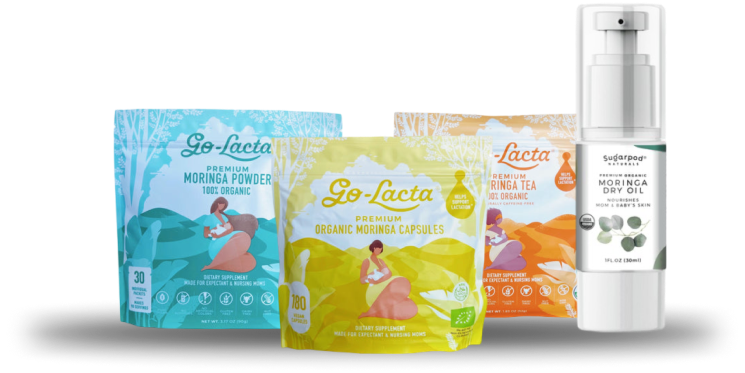
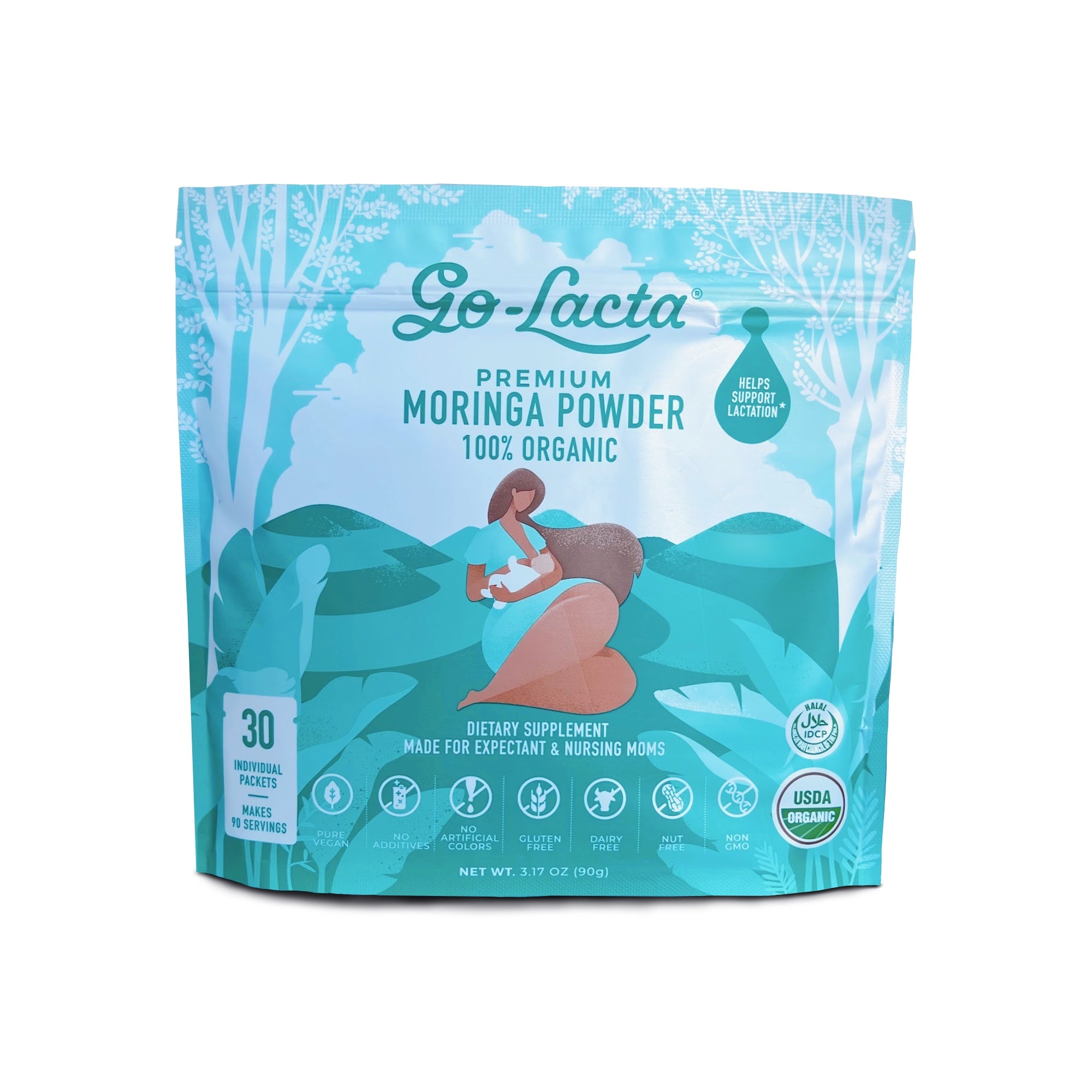
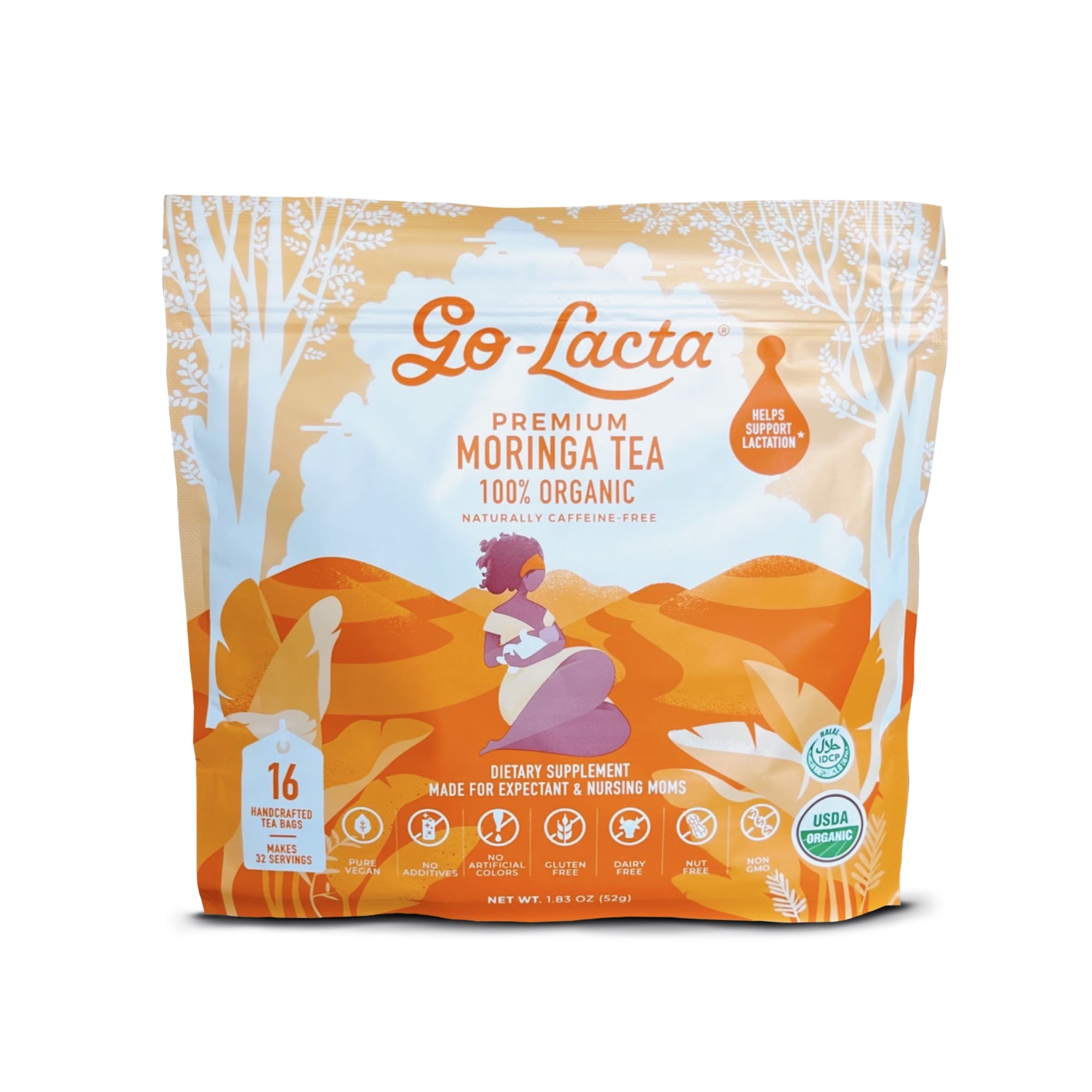
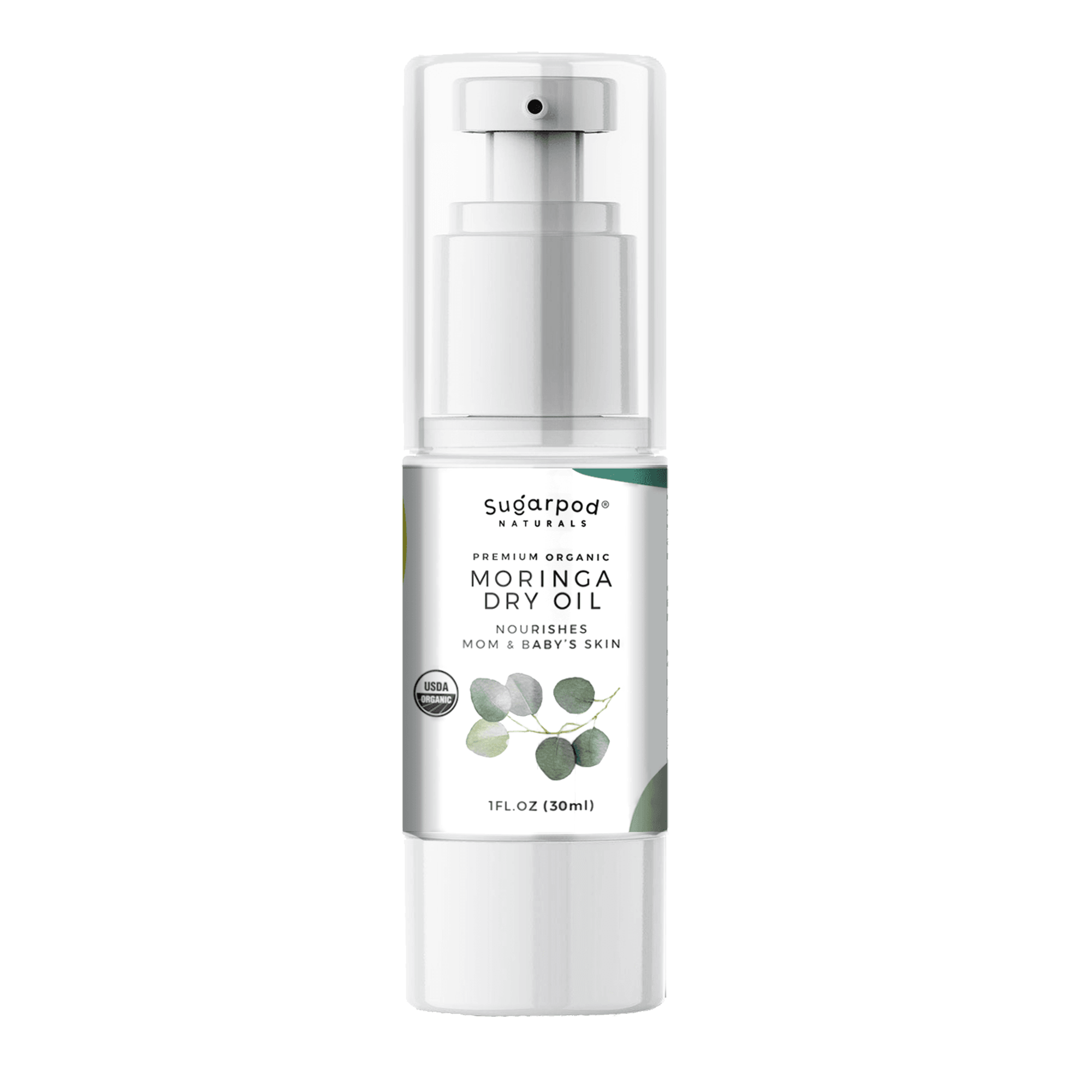

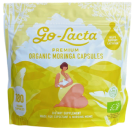
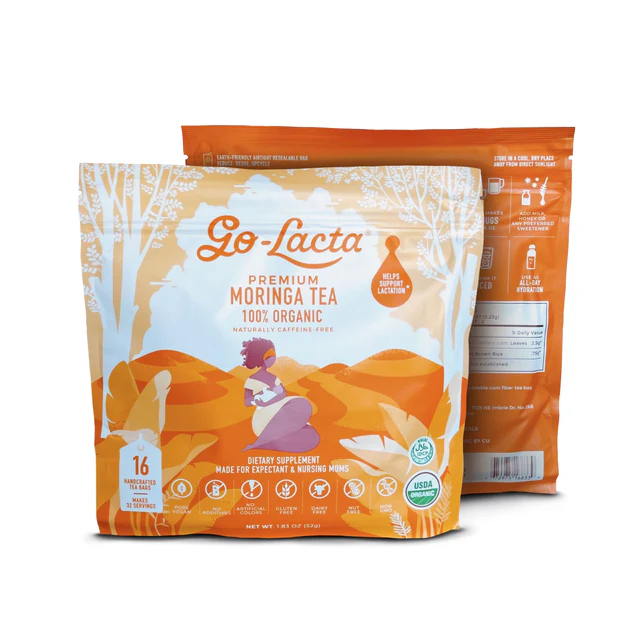
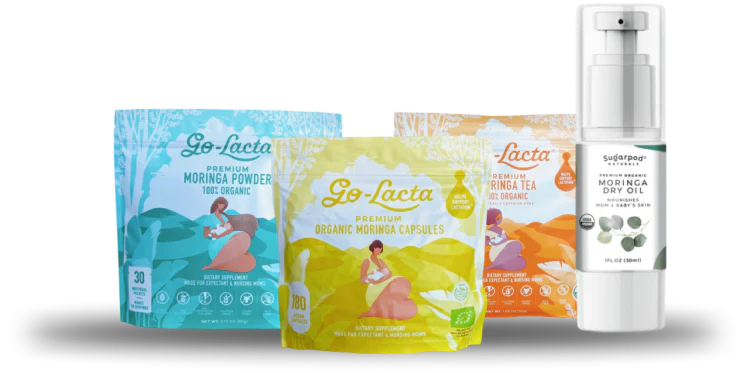
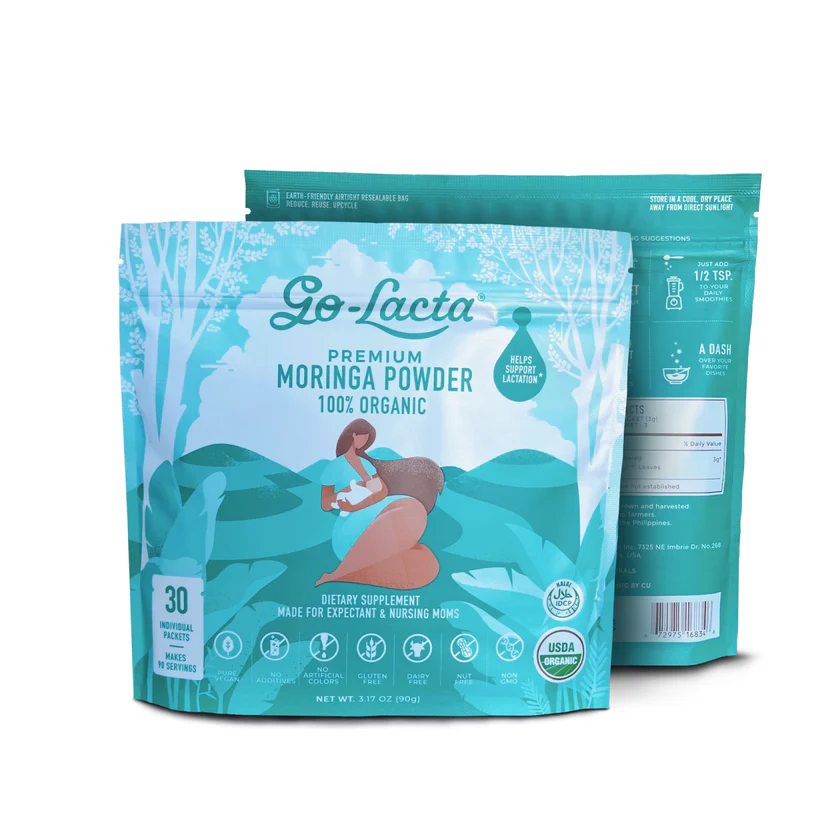
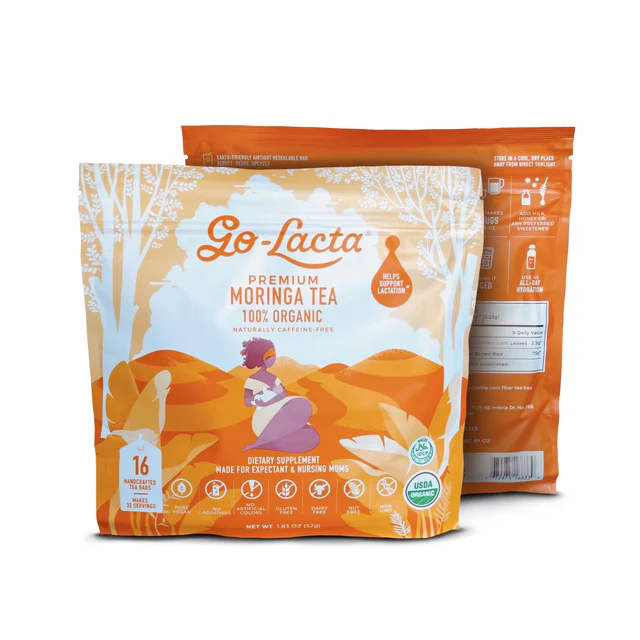

Leave a Comment
Your email address will not be published. Required fields are marked *